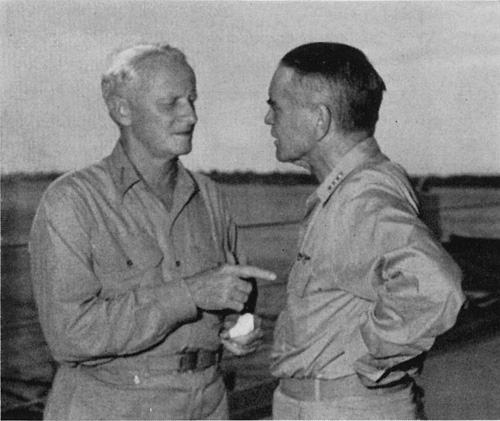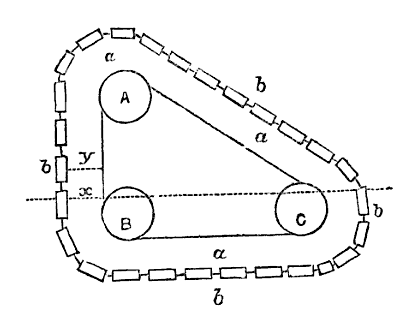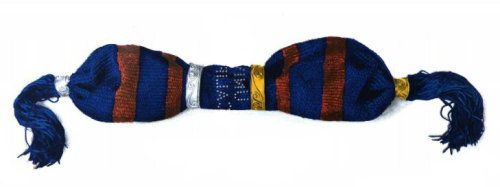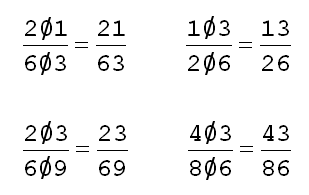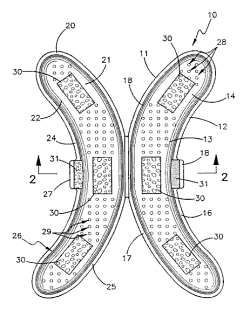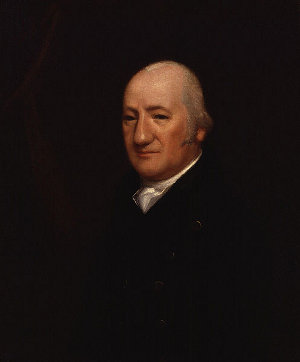
English historian Robert Blake called Henry James Pye “the worst poet laureate in English history with the possible exception of Alfred Austin.” That’s low praise indeed: Austin’s Randolph: A Tale of Polish Grief purportedly sold 17 copies; he is remembered for the stirringly titled “Go Away, Death” and for a breast fixation in which poetic mammaries open doors and plough the brine.
Elevated probably as a political favor, Pye was roundly criticized for his birthday odes, which were set to music by the court composer. “It is said that the words were often drowned by the instruments,” noted William Forbes Gray. “Certainly, it was a consummation to be devoutly wished”:
God of our fathers rise,
And through the thund’ring skies
Thy vengeance urge
In awful justice red,
By thy dread arrows sped,
But guard our Monarch’s head,
God save great George.
To the loud trumpet’s throat
To the shrill clarion’s note,
Now jocund sing.
From every open foe,
From every traitor’s blow,
Virtue defend his brow,
God guard our King!
Pye once said he would “rather be thought a good Englishman than the best poet or the greatest scholar that ever wrote.” In The Joy of Bad Verse, Nicholas Parsons observes that Pye’s epic Alfred was then “a credit to his sense of patriotism.”



